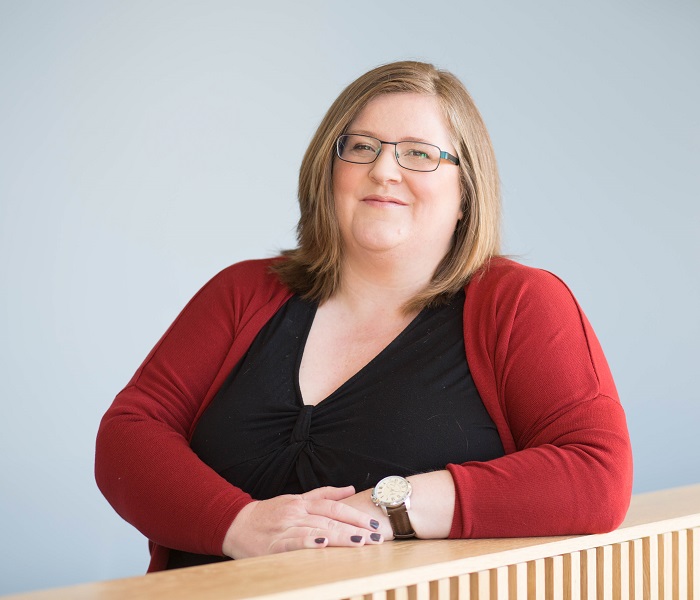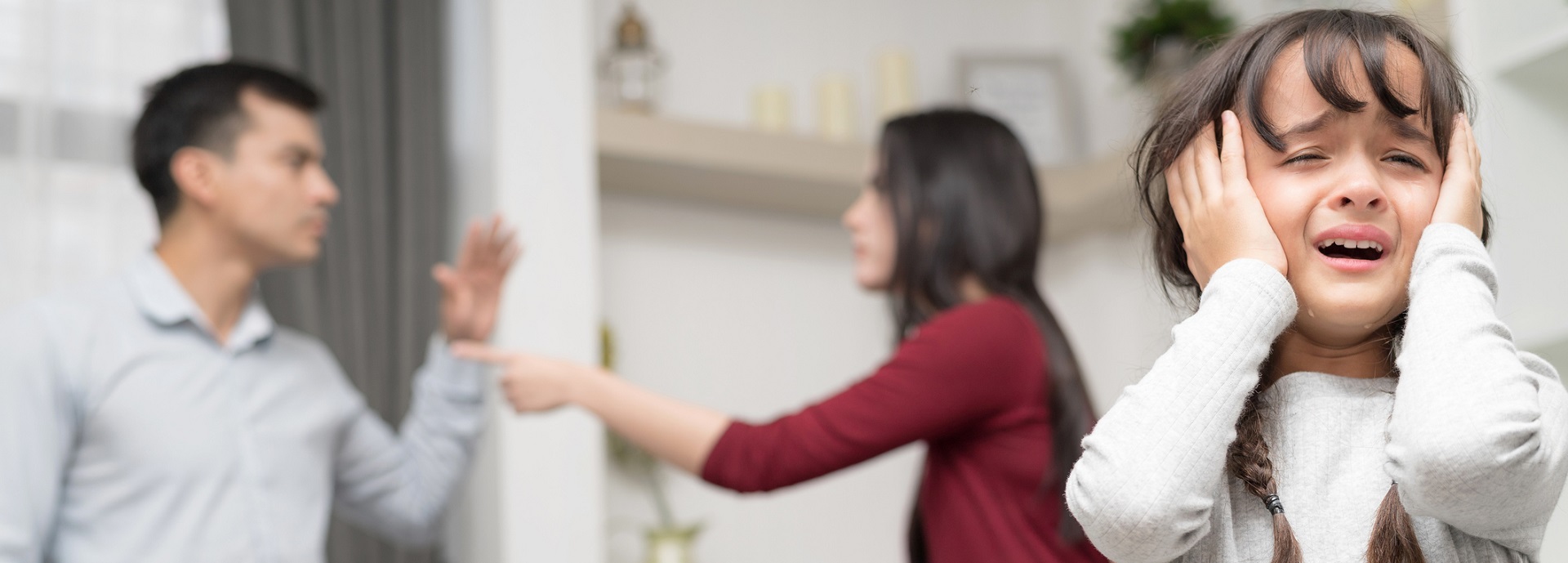Children who experience domestic abuse should be recognised by law as victims and not merely as witnesses, a University of Stirling child expert has claimed.
Director of Child Wellbeing & Protection Professor Jane Callaghan was called upon to give evidence to the Home Affairs Committee ahead of the new Government Bill on Domestic Abuse.
She said children experienced a range of lifelong harms – including to their mental and physical health, educational and employment outcomes, and in their social interactions - when domestic abuse occurred.
“Children and young people who experience domestic abuse do not receive sufficient support from the state,” said Professor Callaghan. “The inquiry into the domestic abuse bill for England and Wales offers an opportunity to right this by ensuring that the harms children experience are properly recognised in the law.
“Children are not ‘witnesses’ to domestic abuse. When domestic abuse occurs in a family, its impact pervades all relationships. Children don’t passively respond to domestic abuse that happens between two adults, they live it and experience it directly.
“Laws that position children as ‘collateral damage’ or as ‘witnesses’ to domestic abuse do not take its impact sufficiently into account. It is my hope that, by including a stronger recognition of children and young people in law, pressure will be brought to bear to provide better access to services and support for this particular group of victim-survivors.”

Director of Child Wellbeing & Protection
Children don’t passively respond to domestic abuse that happens between two adults, they live it and experience it directly.
Her evidence has been included in a call by the Home Affairs Committee for the new bill to recognise the long-term negative consequences on children who experience domestic abuse.
In a report issued today, it said: “This must be recognised explicitly in legislation and a strategy must be developed to ensure adequate protection and support. The Committee recommends measures including protected status on waiting lists for NHS services, including mental health services, and legal obligations on local authorities to provide a new school place when requested by a family housed in a refuge.”
Background information
Media enquiries to Rosie Free, Communications Officer, on 01786 466169 or rosemary.free@stir.ac.uk

